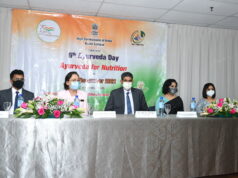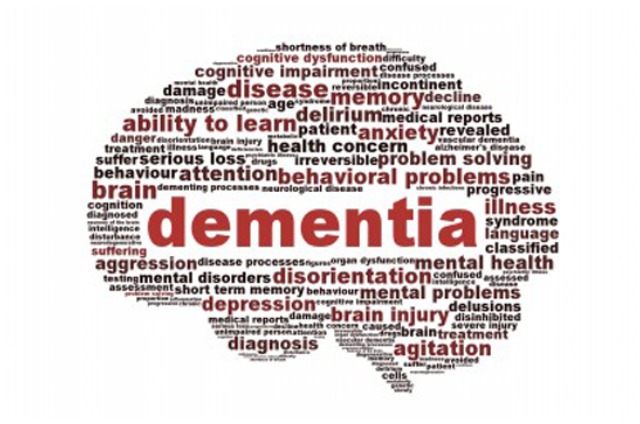It’s not only our appearance that changes as we age. Our metabolism also slows down, and the body loses muscle and bone mass. Older people should therefore adjust their diet accordingly, otherwise they could become overweight or malnourished.
What and how much older people should eat depends less on their age than on their level of activity, however. So it’s not possible to make general rules, says Ulrike Grohmann, a specialist in nutrition for seniors.
Someone who has always eaten balanced meals won’t have to change much later in life. There are, however, a few things worth noting.
Does the body require less energy in old age?
Fewer calories, plenty of nutrients: sensible eating in old age – Older people may need to review the number of calories they consume, depending on how active they are. (Photo credit “Michael Bader / dpa” mandatory.)
Around the age of 50, the body begins to lose 1 or 2 per cent of muscle mass a year. A man over 65 has a basal metabolic rate – the number of calories burned at rest – of about 300 fewer calories per day than that a 25-year-old.
This is approximately the amount of energy found in three bananas. “Since older people are also less physically active, their daily energy requirement can be as many as 600 calories fewer,” Grohmann points out.
Older people who continue with the same eating habits will therefore gain weight over time. “On the other hand,” Grohmann says, “the body needs the same amount of vitamins and minerals. So they should eat foods with a high nutrient-per-calorie density.” An example: whole-grain bread instead of white bread.
What can we do when physical abilities deteriorate?
Older people should do as much as they can themselves, while making adjustments when necessary. “If you buy small amounts of groceries, for example, you have to carry less weight and regularly get some exercise,” notes Ricarda Holtorf of the German Nutrition Society.
For those who have difficulty chewing, kitchen appliances can help to prepare easy-to-swallow meals mechanically.
“It’s not advisable to puree everything, though, as the result doesn’t look very appetizing,” says dietitian Margret Morlo. Sometimes a visit to a dentist can solve chewing problems.
Are nutritional supplements a good idea?
People who eat balanced meals don’t need them. “It’s not advisable to simply take a supplement as a precautionary measure, because too much can also be harmful,” Morlo warns.
Only a blood test carried out by a doctor can determine whether the body is deficient in a certain vitamin or mineral.
Grohmann adds: “Older people should regularly have their vitamin D level checked since it, along with calcium, is responsible for healthy bones.”
How can you make sure fluid intake is sufficient?
Older people should drink at least a litre and a half of fluids daily, including tea and coffee. “Sometimes it helps to prepare the complete daily fluid intake in the morning, so you can keep better track of it,” Holtorf says.
This can be especially useful for people who are forgetful, for whom written reminders are another option. They could also place beverages at various places around the home, so they don’t always have to go to the kitchen.











